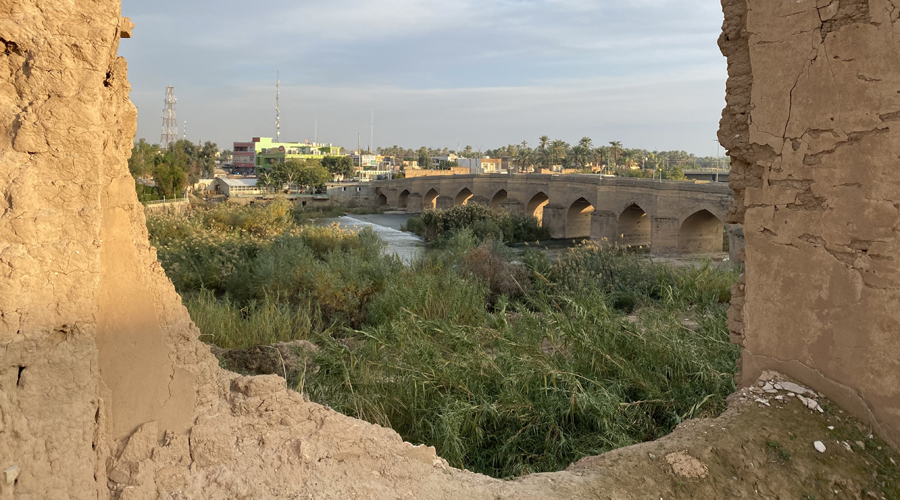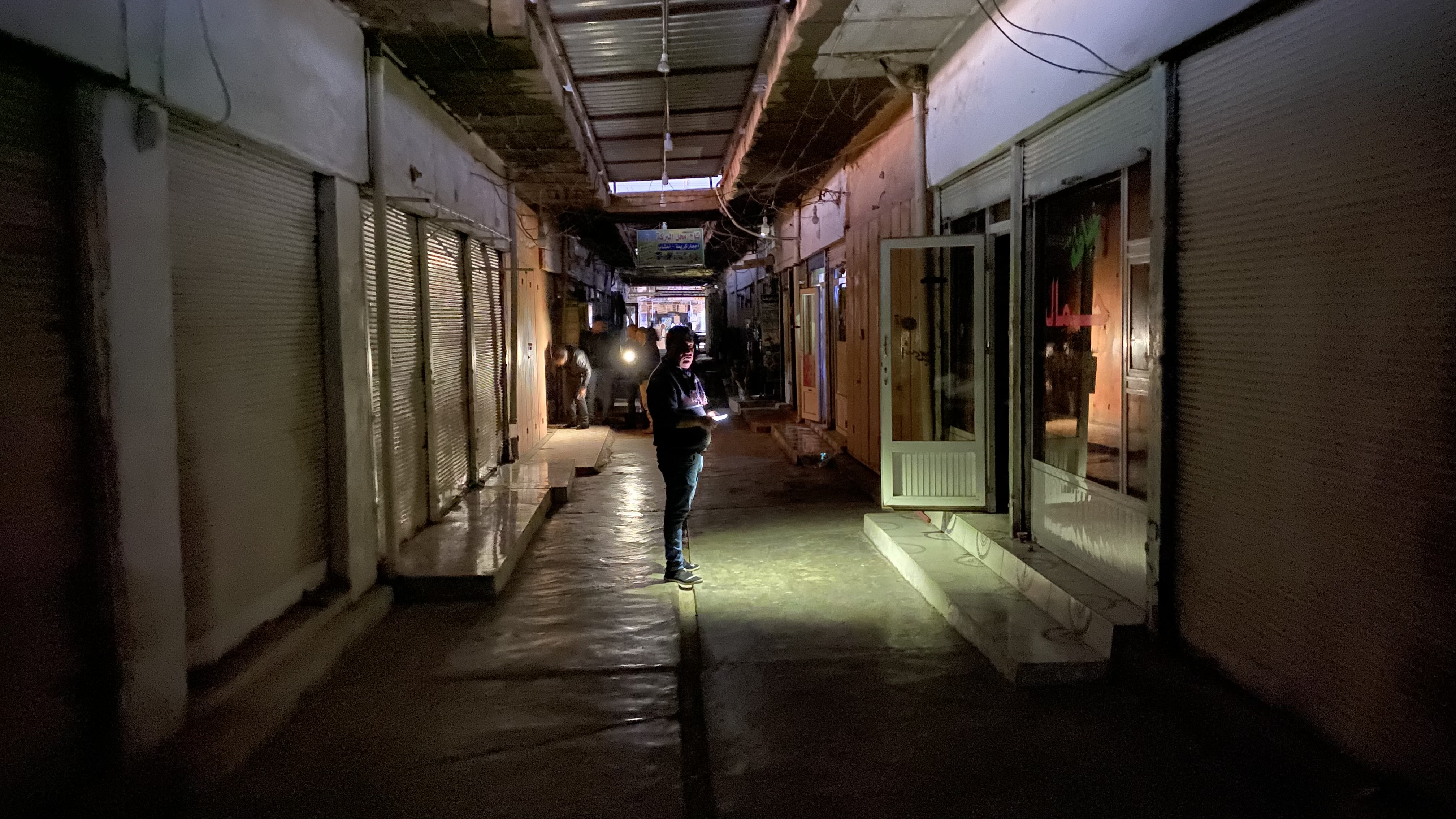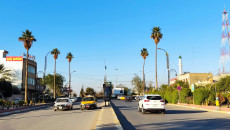Most of the private, diesel, power generators in Khanaqin district of Diyala province have stopped working due to the lack of fuel, while the number of hours of national electricity supply has dropped to less than half, which has angered the citizens.
The Diyala Governorate administration decided, since the beginning of this month, to allocate part of the electricity supplied from Iran to the district of Sharban (Miqdadia) district, which led to a decrease in the hours of supplying Khanaqin with national electricity from 22 hours to between 10-12 hours per day.
This coincides with the closure of a number of fuel petrol stations that were supplying the private generators with diesel, as a result, the majority of the private generators stopped working.
Kamal Haqi, a worker from Khanaqin, told KirkukNow, “Currently, we are supplied with national electricity for two hours, then the electricity is cut off for two hours. In total, the hours of national electricity supply range between 10 and 12 hours per day, while it was 22 to 23 hours.”
Khanaqin receives electricityr from Iran under a contract between the Iraqi Ministry of Electricity and Iran. In addition, there are 75 private generators in Khanaqin, which are operated when needed.
"Even the private generators no longer provide us with electricity and have stopped working under the excuse of lack of fuel. We depend on rechargeable lamps and lighting mobile devices to light our homes. Most of the businesses have had their work affected by the power outage."
We depend on rechargeable lamps and lighting mobile devices to light our homes
Following gulf war in 1991, the Iraqi state infrastructure was sharply hit by the economic embargo on Saddam Hussein regime due to damage of many transmission lines and substations leaving the basic services provided by the state inadequate.
Few years later, the local authorities gave permission to installation of private diesel generators in the residential neighborhoods to provide power and fill in the national power outage as it could provide only half of the demand on national network of state-subsidized electricity.
The cost of the power provided by private generators is couple of times double of power provided by the state thus people are obliged to consume as less as possible during national power outage in order to pay less for private generators.
Early last week, the National Security Forces and the security services closed three petrol stations in Khanaqin because they were not licensed. These stations used to supply the owners of private generators with their monthly state-subsidized ration of diesel.
One of the Khanaqin merchants, who owns three private generators operating in three different areas of Khanaqin, anonymously said, "After the diesel that was in our warehouses ran out, I stopped running the generators three days ago as the matter It's not in our hands."
According to statistics obtained by KirkukNow, out of a total of 75 private generators, the vast majority of them have stopped working.
Iraq's electricity ministry has cited a number of causes for the prolonged and widespread cuts including sabotage attacks, shortages of fuel for power stations, and lack of budget for periodical maintenance.
Another challenge is that only 20 private generators out of a total of 75 have work licenses and receive their share of gas oil from the government.
One of the owners of unlicensed private generators said, "I used to buy diesel from the three petrol stations or from the black market, but after the closure of those stations, it has also become difficult to obtain kerosene from the black market as well."

Khanaqin is one of the districts that did not suffer from an electricity crisis, as the price of an ampere of power provided by private generators for the month of November was only one thousand Iraqi dinars IQD 1,000, while the price of an ampere in the Kirkuk governorate for the same month was IQD10,000, while Sulaymaniyah northern province passed IQD15,000 due to decline in national electricity supply hours.
The local administration of Khanaqin is unable to find a solution and is awaiting a solution from the Diyala governorate administration, for which they have been addressed officially last week.
Even the security forces do not allow any amount of commercial fuel to enter the district
An official in the Khanaqin administration on the condition of anonymity told KirkukNow, “Even the security forces do not allow any amount of commercial fuel to enter the district, and unlicensed petrol stations have been closed.”
“We are waiting for the Diyala governorate administration to find a solution to the problem.” he added.
He affirmed, according to a decision of the Diyala Governorate administration, part of the electricity that reaches Khanaqin from Iran is given to the Sharban district.
Khanaqin is one of the districts of Diyala Governorate and one of the disputed areas between Baghdad and Erbil, and the resolution of its current situation is linked to the implementation of Article 140 of the Iraqi Constitution which is a roadmap of three stages: normalization, census and finally referendum
In the Khanaqin district, on the borders with Iran, two municipalities serve the district, one is funded by Baghdad and the second by the Kurdistan Regional Government KRG.
Khanaqin, home to 90,000 Kurds, Arabs and Turkmens, Sunnis and Shias, is one of the disputed territories which extends from Khanaqin, on the border with Iran, to the northern oil-rich city of Kirkuk up to Shingal (Sinjar), home to the Ezidi community, in Mosul, in the far west, on Iraq-Syria borders.
Most of the disputed territories were under control of the Kurdish Peshmerga forces up to October 2017, when the Iraqi Security Forces ISF took over control of these territories following the defeat of the Islamic State of Iraq and Syria ISIS.






